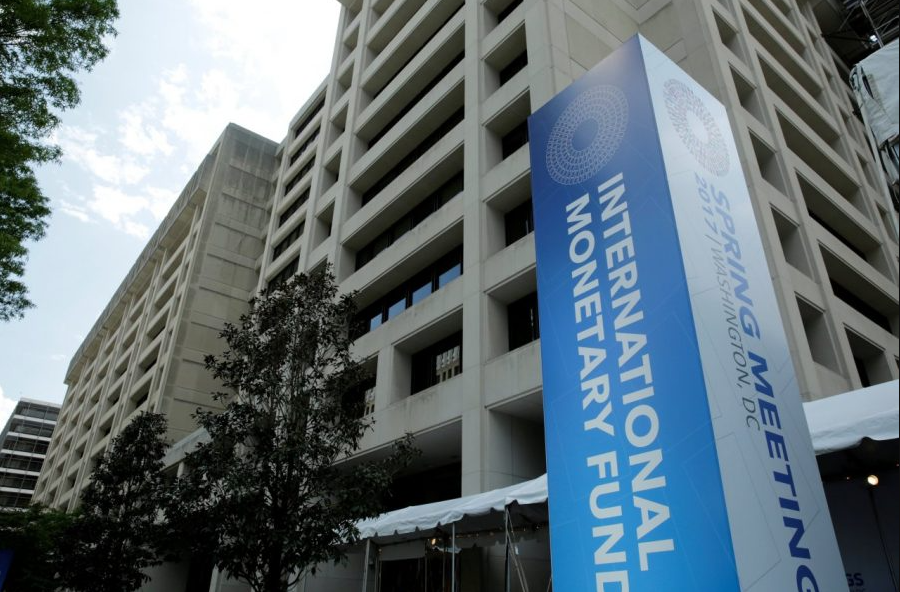The International Monetary Fund (IMF) says oil-producing countries in sub-Saharan Africa are growing at about half the pace of the broader region, in what the IMF describes as “subdued and uneven” growth.
The IMF’s Sub-Saharan Africa Regional Economic Outlook released on Friday shows that while economies as diverse as Senegal and Tanzania are expected to grow faster than the regional average, Nigeria will lag behind, with growth expected to be 2.9%. became apparent.
The Fund called on oil exporting countries in sub-Saharan Africa to reform their economies to address uneven regional economic growth.
According to the IMF’s latest World Economic Outlook, the region’s economy is expected to grow by 3.6% this year, in line with last year’s growth and slightly revised down from April’s forecast of 3.8%.
Economies dependent on primary products continue to lag behind more diversified economies.
IMF Africa Director Abebe Ayemulo Selassie has stressed that the Nigerian government must “tackle head-on” the pressing economic challenges that are causing high inflation and increasing the cost of living.
He said: “South Sudan, Nigeria and Angola are all right in that camp. They have very large macroeconomic imbalances and financing challenges are holding back growth.”
“They (oil exporting countries) need to find new sources of growth and increase investment from the private sector, so it’s important to work on reforms that facilitate that.”
The report also noted further challenges for African oil producers, including the global transition to green energy in response to climate change.
President Tinubu’s reforms
Nigeria is Africa’s largest oil producer, supplying about 1.4 million barrels per day, although it falls short of the standard of about 2 million barrels per day.
The 17-month-old administration of President Tinubu has introduced bold reforms in the energy, power and foreign exchange sectors to free up capital for investment in critical sectors such as infrastructure, health and power.
While President Tinubu’s efforts have been praised abroad, at home Nigerians are facing the worst inflation in the 21st century, pushing vulnerable populations deeper into poverty. The government has launched a cash transfer program for vulnerable people, but the process has been delayed due to digital verification issues.
Economic growth in the SSA region in 2025
Economic growth in sub-Saharan Africa is expected to rise to 4.2% next year, according to an IMF report. Outside of Nigeria and South Africa, the region’s largest economies, SSA will grow even faster.
The report highlighted that almost half of the world’s 20 fastest growing countries this year are in sub-Saharan Africa. But he warned that faster growth was essential to tackle widespread poverty and inequality.
Many countries face high debt burdens and high debt servicing costs, and a major barrier to accelerated growth remains limited access to affordable financing.
Follow us to get the latest news and market information.

